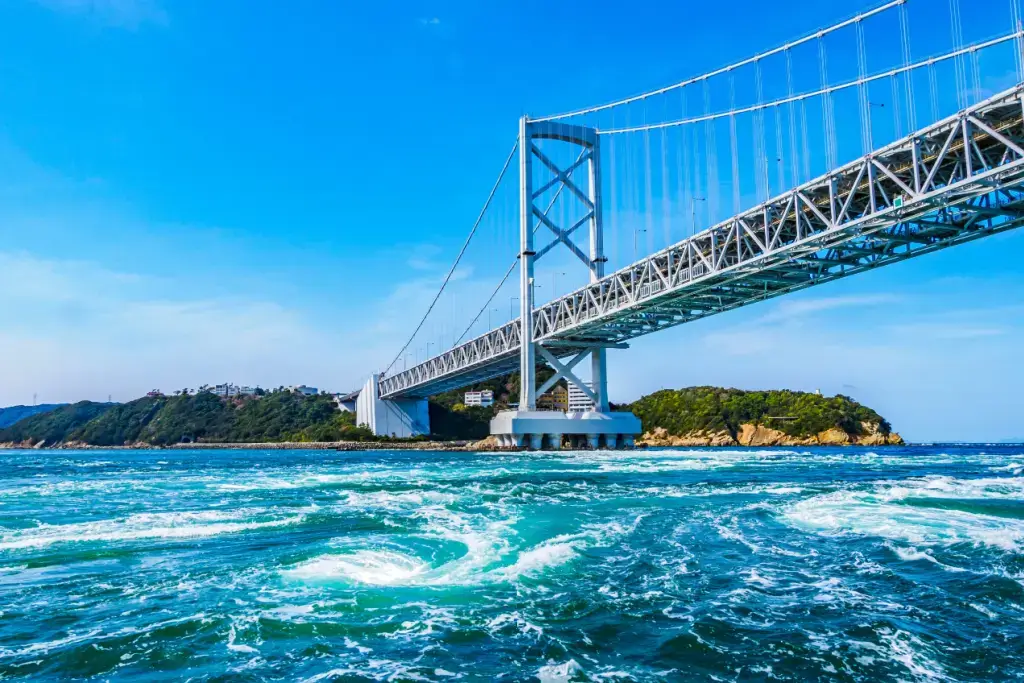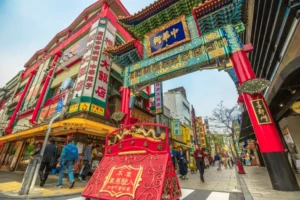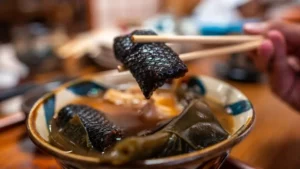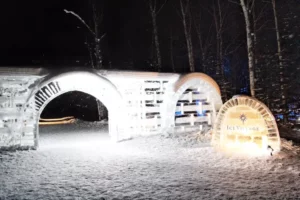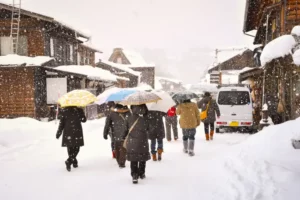Tokushima Prefecture is located in the Shikoku region of Japan, an island neighboring Hyogo and Osaka. This area is famous for its vibrant festivals, lush mountain landscapes, and historic sites. It is a perfect destination for people seeking something outside of busy cities and nature lovers. Tokushima is one of the less visited prefectures in Japan because it is off the main island. But it has its unique charms that are worth seeing and doing.
Table of Contents
ToggleAwa Odori (Awa Dance)
The Awa Odori is the largest dance festival in Japan, attracting around one million visitors every year. The festival takes place in August from the 12th to the 15th and has been celebrated for over 400 years. The main spectacle of the festival is the dances by groups in various costumes. Awa is the former name of “Tokushima Prefecture”, and Odori means dance. During the festival, there are dances during the day and night.
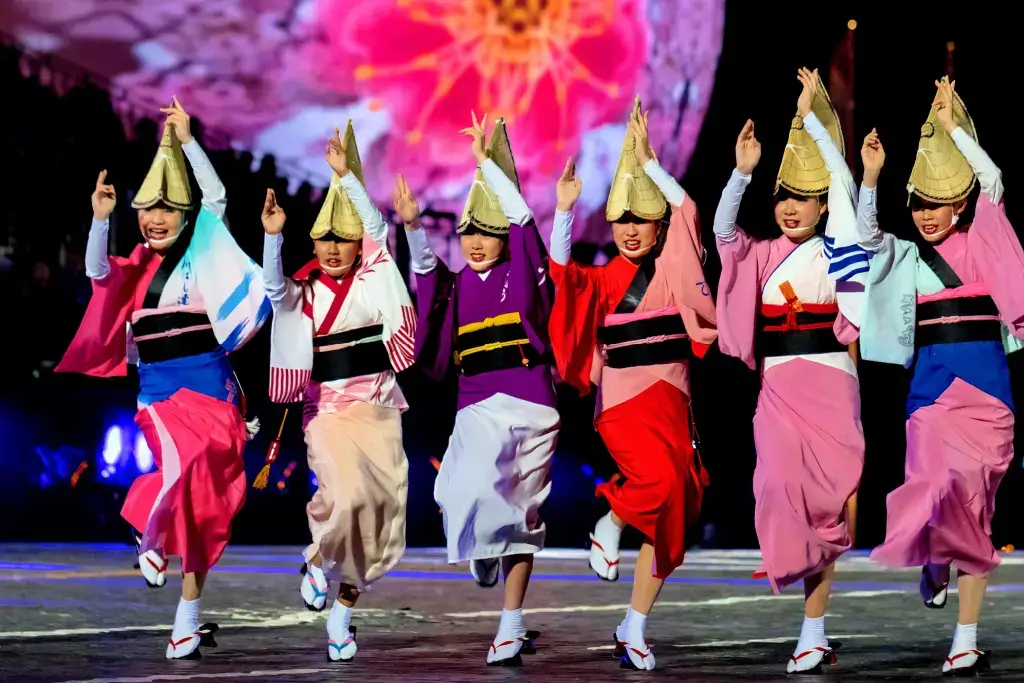
Several yatai (food carts) pop up during the festival, selling traditional Tokushima specialties. There are also particular dance areas where you can learn traditional Japanese dances. However, register in advance as part of a dance troupe if you want to participate in the main event. If you’re too shy to join a dance troupe, you can join the Niwaka-ren (makeshift troupe) for free without a costume.
Shinmachi Boardwalk
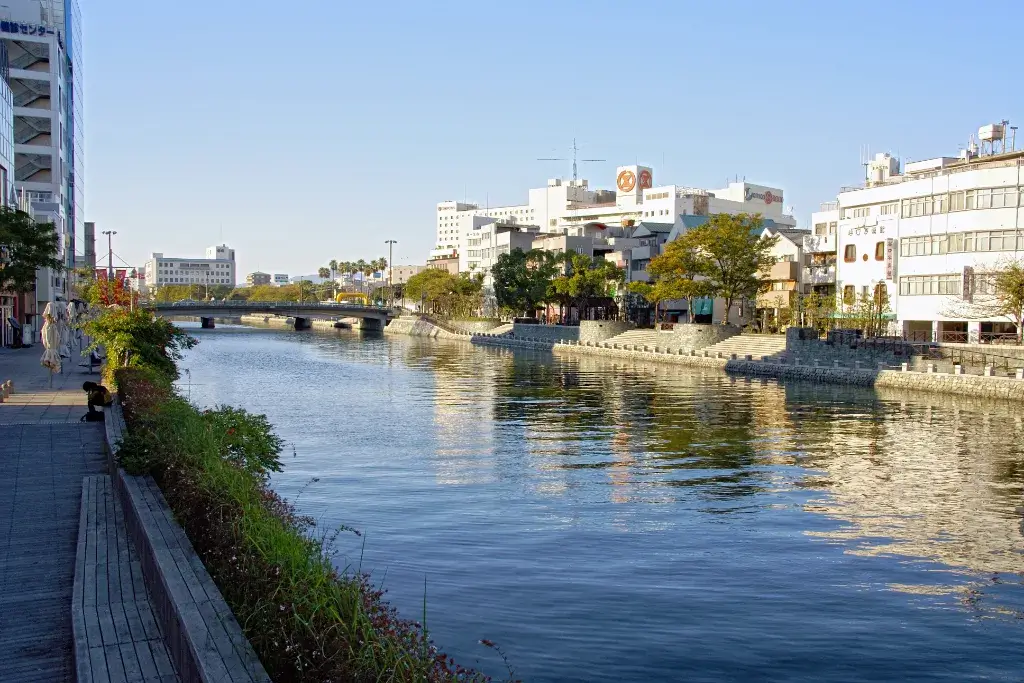
Shinmachi Broadwalk is located alongside the Shinmachi River. The boardwalk is an ideal location for those who enjoy strolls or jogging. Sights like bridges and the boardwalk are lit at night, creating a romantic atmosphere. The Tokushima Marche is held on the boardwalk on the last Sunday of every month. At the Marche, local vendors sell handmade goods, from food to clothes!
Ido-ji Temple
The Ido-Ji Temple was founded in 673 CE by Emperor Tenmu and is the 17th temple to visit on the Shikoku Pilgrimage. The temple is sometimes called the “Well Temple” because of a legend. The legend says that a monk, Kobo Daishi, dug a well with his staff to provide a water source for the local farmers. The well still exists and is called Omokage no Ido (the well of the image). You will have good fortune if you see your face reflected in the water.
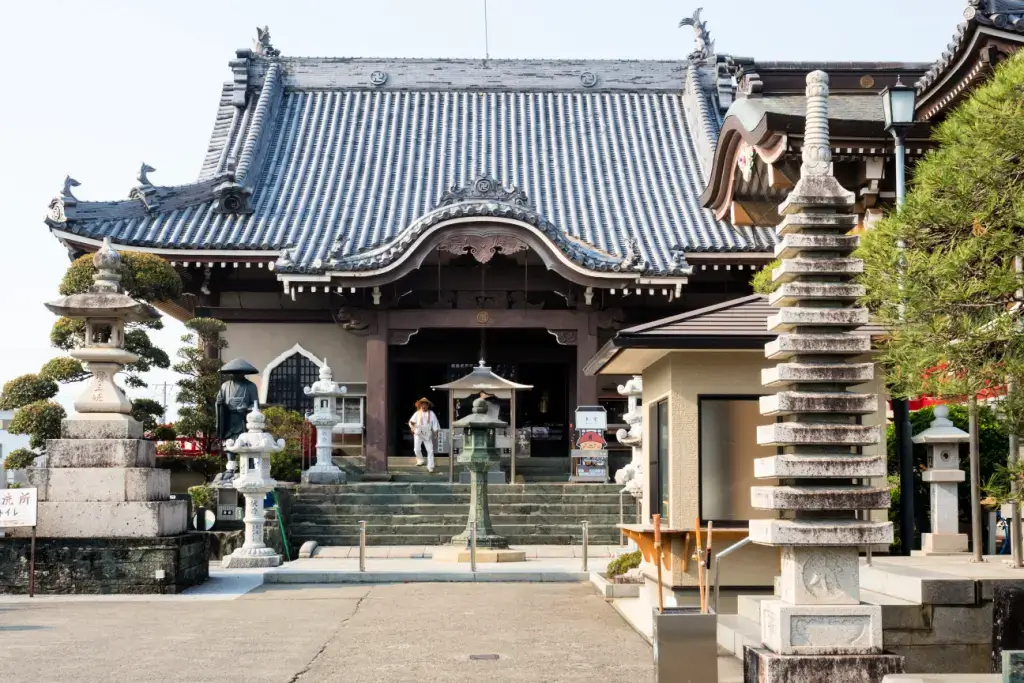
However, if you cannot see your face reflected, you will face misfortune within a few years. If you don’t see your reflection, don’t get dismayed; you can buy some of the well water as a souvenir for good luck! Although the temple was founded centuries ago, most of the temple complex is relatively new. This went through many renovations. Even if you’re not part of the Shikoku Pilgrimage, it is still a fun place to visit!
Are you looking for amazing snacks from areas like Tokushima? Check out Sakuraco! Check out Sakuraco! Sakuraco delivers traditional Japanese snacks, teas, sweets, and snacks from Japan to your door every month so that you can enjoy Japan’s taste anywhere!

Tokushima Castle Museum
The Tokushima Castle Museum is located in a garden with the ruins of Tokushima Castle. Although the castle does not exist anymore, you can still learn all about it, as well as the history of Tokushima, at this museum. In particular, you can learn about Hachisuka Iemasa (1558–1638), a daimyo of the early Edo period who founded the Tokushima Domain. Hachisuka Iemasa completed the castle’s construction in 1586, but was torn down in 1875.
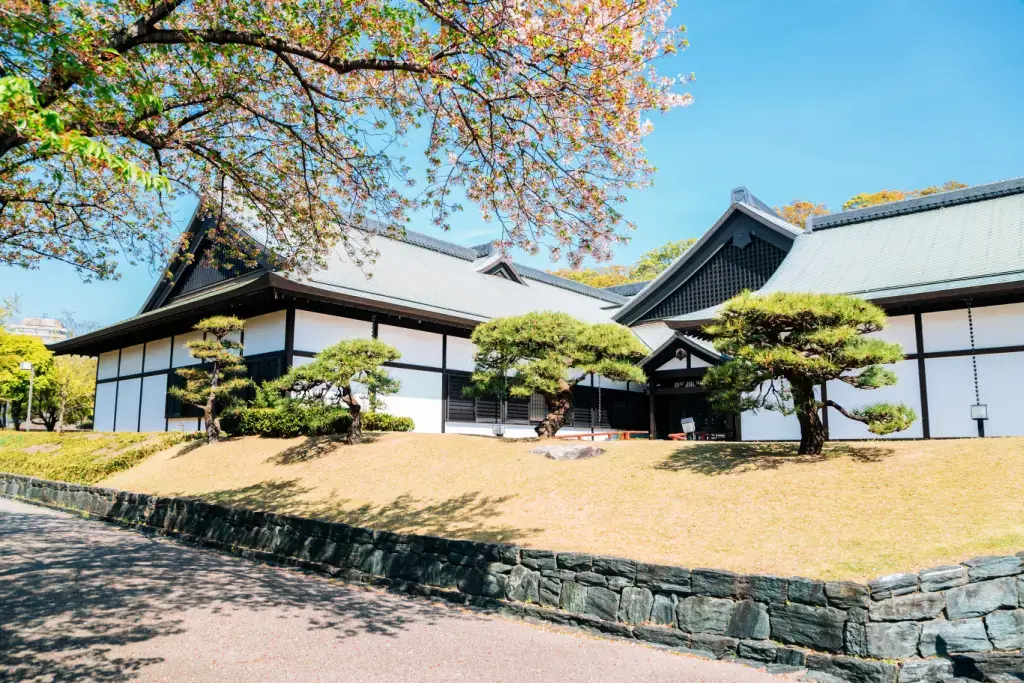
The museum opened up in 1992 on the same site. The museum’s design reflects the traditional style of residential architecture during the Edo period. More specifically, the permanent exhibits portray the sophisticated and diverse lifestyles of the castle’s residents, showcasing artifacts like armor, swords, and traditional kimono garments. If you’re interested in Japanese feudal history and architecture, this place is great to visit!
Mount Bizan
Mount Bizan is one of the main symbols of Tokushima. This mountain looks like an eyebrow, and coincidently enough, the Japanese character for eyebrow is in its name. Moreover, the mountain is 290m above sea level and provides excellent panoramic views of Tokushima prefecture. You can see as far away as Awaji Island and the Kii Peninsula on clear days. It is a famous mountain to visit, especially in spring when the cherry blossoms bloom.
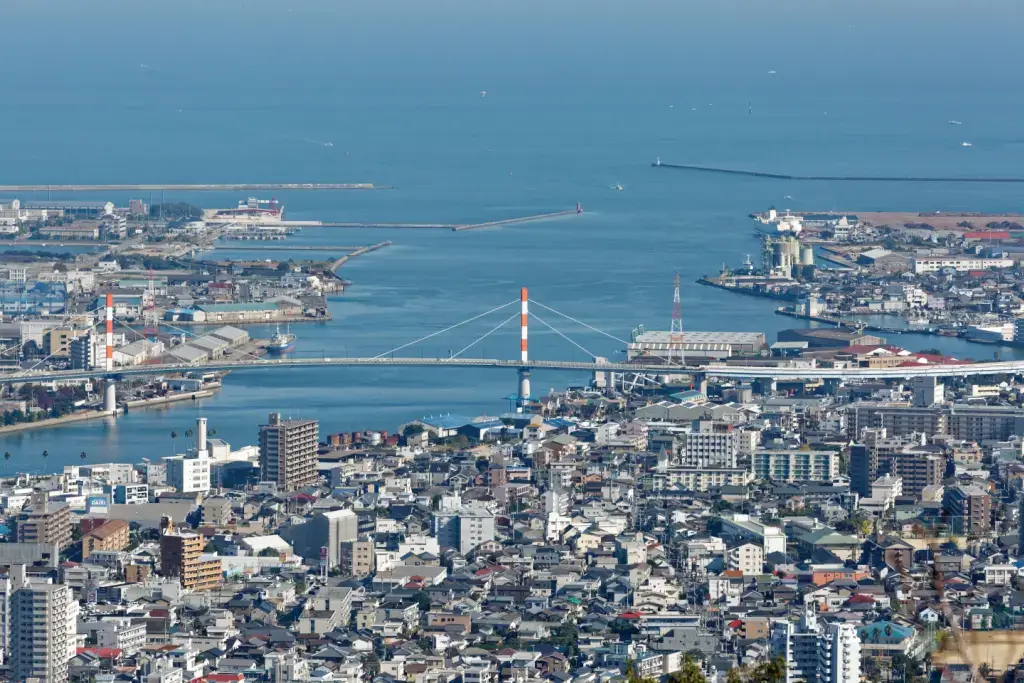
Another popular activity at Mount Bizan is to visit at night to admire the nighttime panorama of Tokushima. The night view is among Japan’s 100 best after-dark sights, especially for dates! You can also put a lover’s padlock on the viewing deck. If you love nature and beautiful city views, this a great place to visit!
Why should I visit Tokushima?
Tokushima has many modern and historical sites to see and experience. You can enjoy the city’s natural feel by participating in the centuries-old Awa Odori festival or walking on the Shinmachi Broadwalk. You can feel the rich history of the prefecture at the Tokushima Castle Museum and test your luck at the Ido-Ji temple. If you’re visiting with a loved one, seeing the night view from Mount Bizan, and putting a lover’s lock on the top, it’s a perfect date! Nature and history abound; Tokushima is a prefecture to add to your travel plans! What do you want to experience in Tokushima? Let us know in the comments below!


